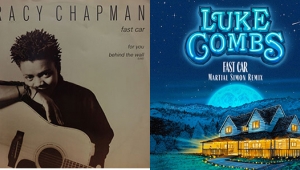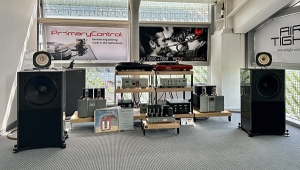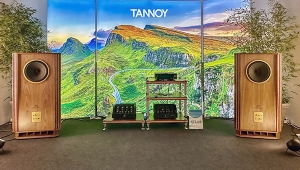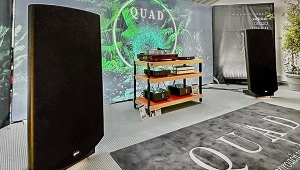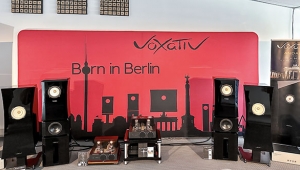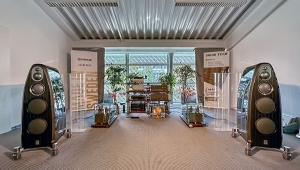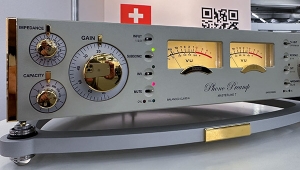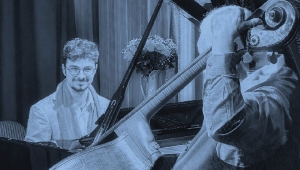| Columns Retired Columns & Blogs |
I still buy CDs and vinyl...I like the buy in: pay once.
I am trying to think of a good analogy for this transition to streaming, but can't come up with a good business example.
Video and video streaming as the model doesn't really work because I like to play music more than once or twice. (I never related to owning 'movies.')
This is a tough thing, letting go of "music ownership."
I'm not being cruel about streaming, just commenting on the change of mindset.







